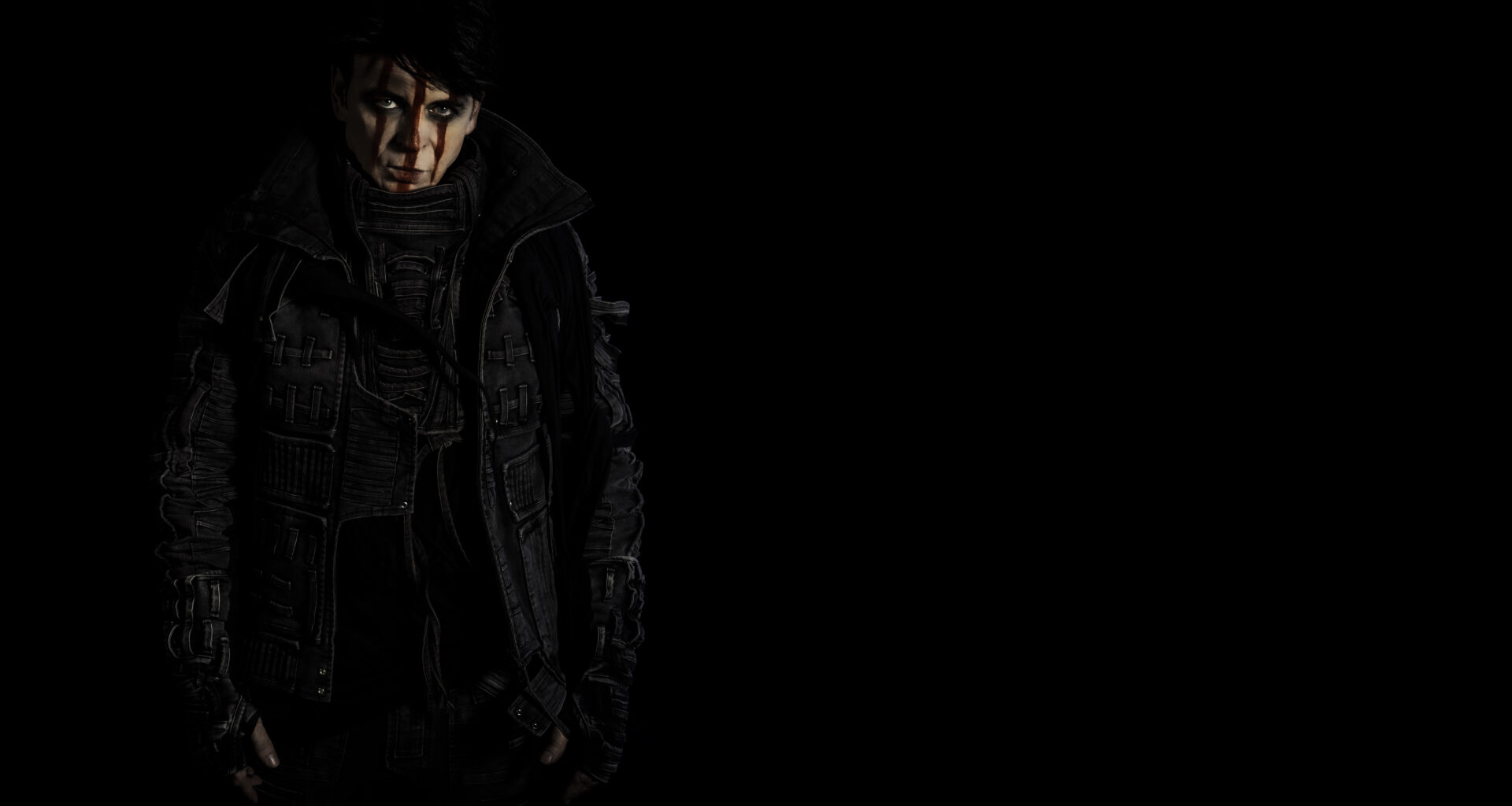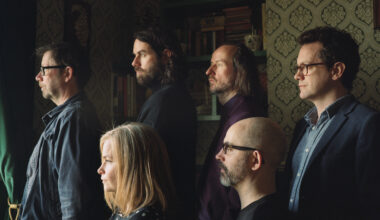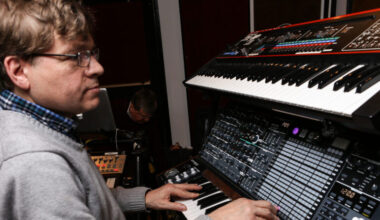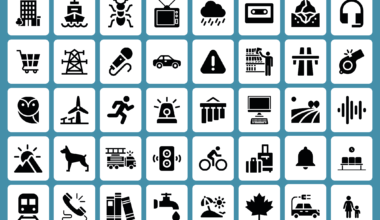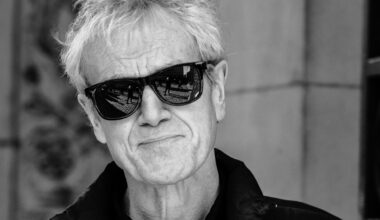Gary Numan on the paranoia of parenting, the fear of death, and a planet that may regard humanity as a virus – which just so happens to be the subject of his album, ‘Intruder’
Want to read more?
Sign up to Electronic Sound Premium to gain access to every post, video, special offers, and more. 100%, all you can eat, no commitment, cancel any time.
Already a premium member? Log in here
